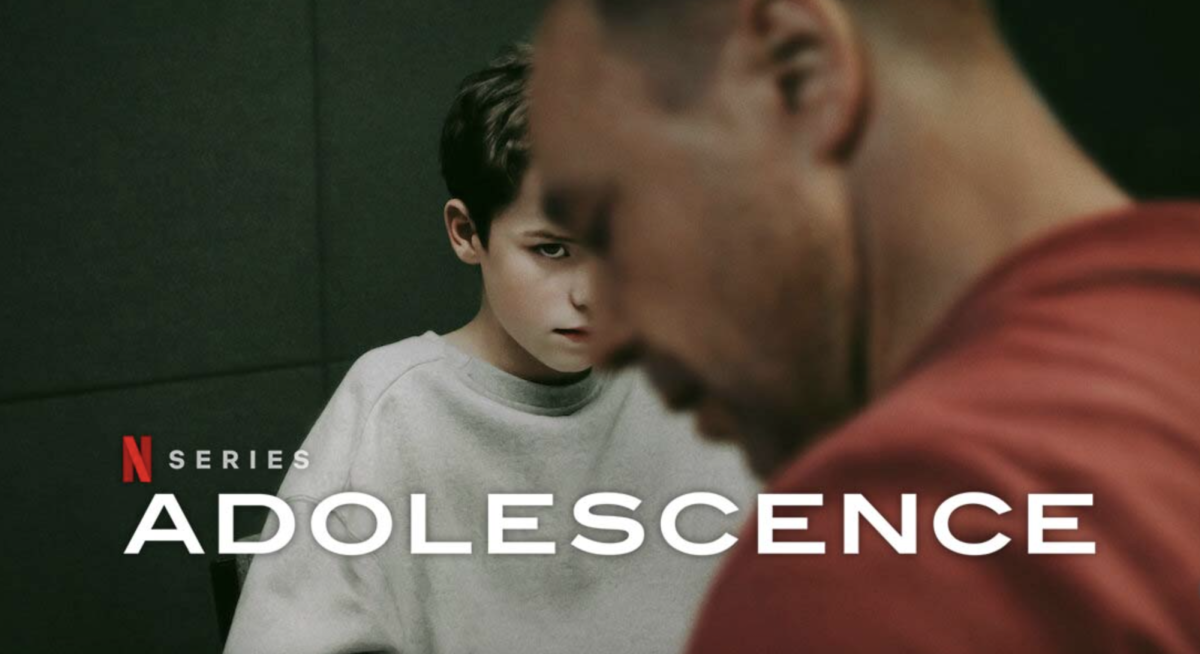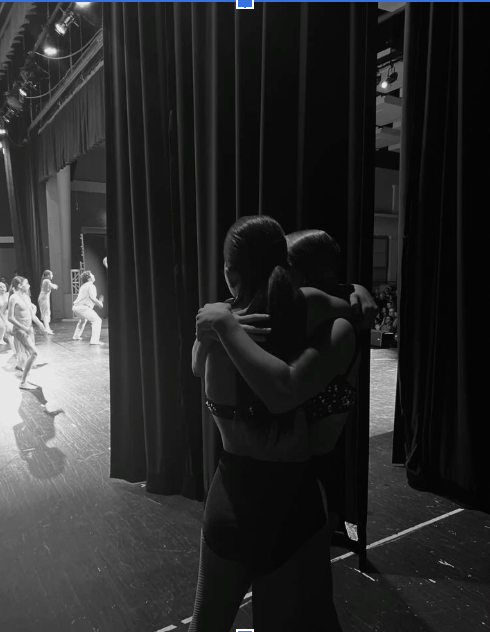Choosing a university is a big deal for any student, and it can really shape their academic journey and future career. When it comes to picking a school, many students find themselves debating between state universities, which are more affordable, and elite institutions with more prestige. In this article, we’ll share personal stories from students who have gone through this decision-making process. Their experiences help us explore what really matters in choosing a school, like finding the right fit, the value of opportunities, and how these choices align with their personal goals and lifestyles.
My older sister Jenna Jokhani my older sister is a third-year Stanford student and a 2022 ISB alumnus. She speaks about her experiences at Stanford, the process of choosing the right school, and how she landed on committing to Stanford. Jenna explains how she was the first person in her year to be accepted into a college, which put much pressure on her when choosing which school to commit to. She weighed the pros and cons of each school and ultimately landed at Stanford. “I applied early, so there was much pressure from my younger self to commit to Stanford,” she says, adding that her (our) parents played a massive role in the decision process. “They were very adamant about my going to Stanford.”
She describes the application process as “extremely stressful,” emphasizing that it involves not just showcasing academic achievements but also navigating an unpredictable landscape. “Sometimes these universities … after a certain point, everyone is smart enough … but maybe they need a trombone player for the orchestra,” she reflects, illustrating how factors beyond pure academic merit can influence admissions decisions. She also notes the pressure she felt from both parents and peers. “Most of my friends were telling me that I should pick Stanford.” While her peers encouraged her to choose the elite institution, she felt the weight of their expectations. Despite this, she emphasizes the importance of personal fit over external pressures. “At the end of the day, I don’t think that it was a bad choice,” she says.

The perceived opportunities and the weight of the name carry significant influence, Jenna says. “I think what you pay for here is the connections and the resources that you get, right?” This sentiment underscores a common belief: Elite schools offer not just education but access to a powerful network and resources that can propel graduates forward. “You’re going to have that Stanford name on your résumé, so I think that’s what you’re paying for.”
But there is also a potential downside to elite institutions: a lack of diversity. “Coming from a very, very big international school where, like, everyone is from a different place and had so many different backgrounds, it was so difficult to go from that to like a 7 percent international population.” she says. “I don’t think it’s as diverse as people think it is.” This highlights the importance of considering diversity beyond surface-level metrics, emphasizing the need for “being globally minded and culturally experienced, wise, diverse.” She offers an anecdote that points to this. “Somebody at the table sneezed, and I said, ‘bless you,’ and then they were like, ‘Oh my gosh, people in Thailand know how to say bless you?’ I think that that just put a lot into perspective for me in terms of just people are not that globally minded and even though there is diversity on the surface, it’s not actual diversity. I feel like there’s a huge difference between ethnic and national diversity versus being globally minded.”
Jenna’s former ISB classmate Grace Mahakeeta is a third-year University of Washington (UW) student who will be graduating next year. Grace describes UW as being “very diverse” with “quite a lot of opportunities and clubs for you to make friends.”
Grace and Jenna both say how the lifestyle and the the cities where these two universities are located helped draw them to the respective campuses. When they both toured their campuses and met people in the community, it really helped highlight the differences between their choices and settle on their chosen schools. “I chose UW because I was mainly drawn to the campus and lifestyle,” Grace says. “I knew quite a lot of people who went to UW at that time, and they all liked it.” The flexibility of not declaring a major initially also motivated her.

When it comes to the quality of education, she feels confident in her choice. “I think I am getting a high-quality education,” she says. “The professors are experts in their fields, classes are challenging, and there are lots of chances to do hands-on research or real-world projects.” However, she recognizes the competitive nature of certain classes, especially the prerequisite courses, saying, “I think the prerequisite classes are pretty competitive since most admitted students don’t have a major yet.” This competitiveness can vary by major, with fields like biochemistry being particularly rigorous. Research opportunities at UW are accessible, though they often require initiative. “For economics, there’s a decent amount of research opportunities available, but you would have to talk to the professor.” This proactive approach is essential for students looking to engage in research early in their academic careers.
She points out that “there are a lot of good research opportunities because it is very well-funded,” a fact often overshadowed by the allure of elite institutions. However, she admits that she sometimes wishes for the connections that come with attending a more prestigious school. “If I could, I would because I want to take advantage of an elite school’s connections.” Jenna mentions how Stanford has those connections, which makes it easier to move forward once you graduate, but the overall atmosphere isn’t as positive as UW.
“Most students believe that going to an elite school will make them get them more successful jobs in the future compared to students in state schools but, it isint about the school, its about how well you use your opportunities and how hard you work,” says Doug McQueen, a university counselor at ISB. “I believe that most students will want to go to an elite school to prove to people they are academically smart and can make it anywhere, but the truth is, a state school might have been better for them and where they want to end up in the future with their career.”






